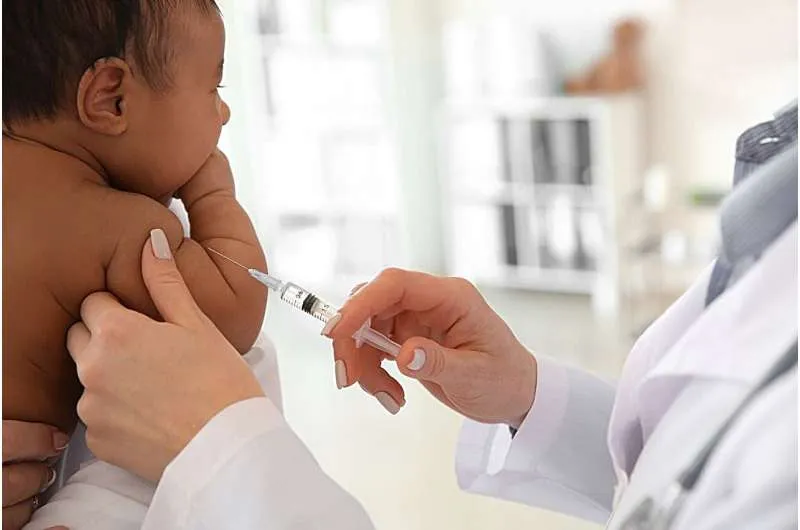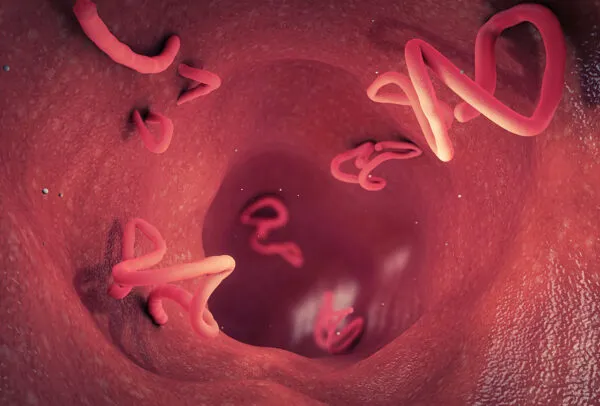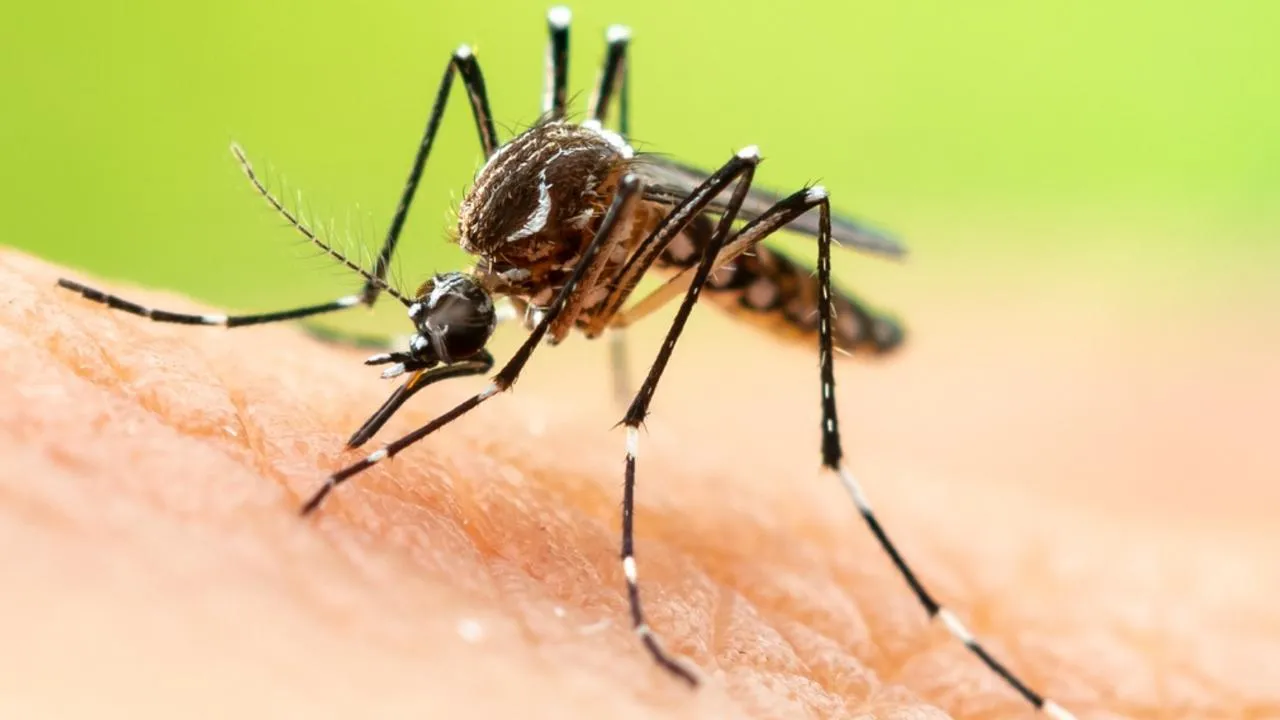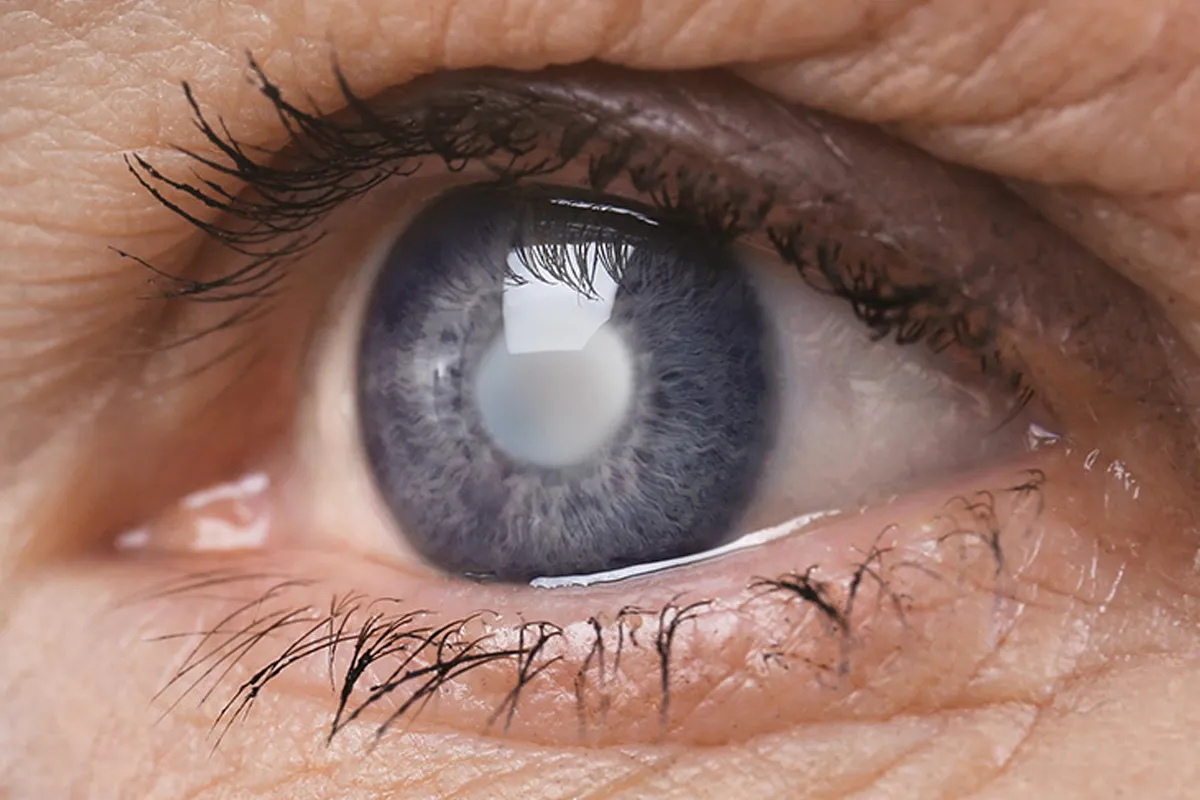Before the Covid-19 pandemic, we all focused on building physical health to protect ourselves from non-communicable diseases like diabetes, high blood pressure, heart attacks, etc. However, during the pandemic, the fear of the disease created a lot of stress and anxiety. The World Health Organization (WHO) reported a 25% increase in the prevalence of anxiety and depression after a year of the pandemic. About 15% of the adult population is estimated to experience depression at some point in their lifetime. This drastic increase in the prevalence is due to the myths associated with depression and the reluctance to consider it as a condition that needs medical attention.
The common myths about mental health conditions tend to promote the stigma associated with them. This stigma prevents people suffering from it from seeking help. Hence, it is important to increase the awareness about mental health conditions by overcoming the myths associated with it.
Let us understand the truth behind some myths associated with depression.
n Myth: Depression is not a real illness.
Fact: Depression is a serious illness like any other physical illness.
Studies have proven that depression is linked with changes in pre-and post-synaptic turnover and function of neurotransmitters in the brain. It is triggered due to biological, social, or environmental reasons.
n Myth: Depression is just sadness.
Fact: Depression and sadness are separate conditions.
Sadness is an emotion that we feel as a natural reaction to situations that causes pain. Sadness goes away on its own and does not impair our lives in the long run. Depression, on the other hand, is a persistent feeling of sadness and loss of interest for two or more weeks.
n Myth: Depression is a sign of weakness.
Fact: Depression is a real illness that can affect anyone.
Depression occurs due to an imbalance in the functioning of the neurotransmitters. It is not a defect in the character. It does not determine a person’s physical, emotional, or mental strength.
n Myth: Talking about depression makes it worse.
Fact: Talking about depression is the first step towards seeking help.
Remaining silent about depression perpetuates negative feelings. Talking about depression to friends, family, and mental health practitioners helps reduce the burden of the disease. It helps to garner support and reduces loneliness.
n Myth: Depression goes away on its own.
Fact: Depression rarely improves without professional help.
As depression involves deviations in neurotransmitter functioning, depression, in most cases, needs medical intervention or other adjuvant therapies.
n Myth: Depression is hereditary.
Fact: Not all with a family history of depression are affected by it.
It is true that people with first-degree relative with depression have 2-3 times higher risk of developing depression. However, not all people with such family history develop depression. In fact, people with no family history of depression also develop the condition.
n Myth: Antidepressants are needed life-long
Fact: Although long-term therapy of anti-depressants may be prescribed, however, antidepressants are generally not needed life-long.
Depending on the severity of depression, antidepressants are prescribed. Once the symptoms of depression are well-managed, depression can be managed with mindfulness-based stress reduction, yoga, meditation, psychotherapy, or a combination.
n Myth: Depression is more common in females.
Fact: Depression affects both the sexes equally.
Usually, men talk less about their emotions and may have different symptoms such as anger, irritability, and aggressive behaviour.
With early diagnosis and quality treatment, depression is treatable. To help people with depression to come forward and seek help, let us break the myths associated with depression and help them “Say Yes to Life.”
Dr Shrikant Sharma is a Consultant Psychiatrist at Anandam Psychiatry Centre in New Delhi.



















